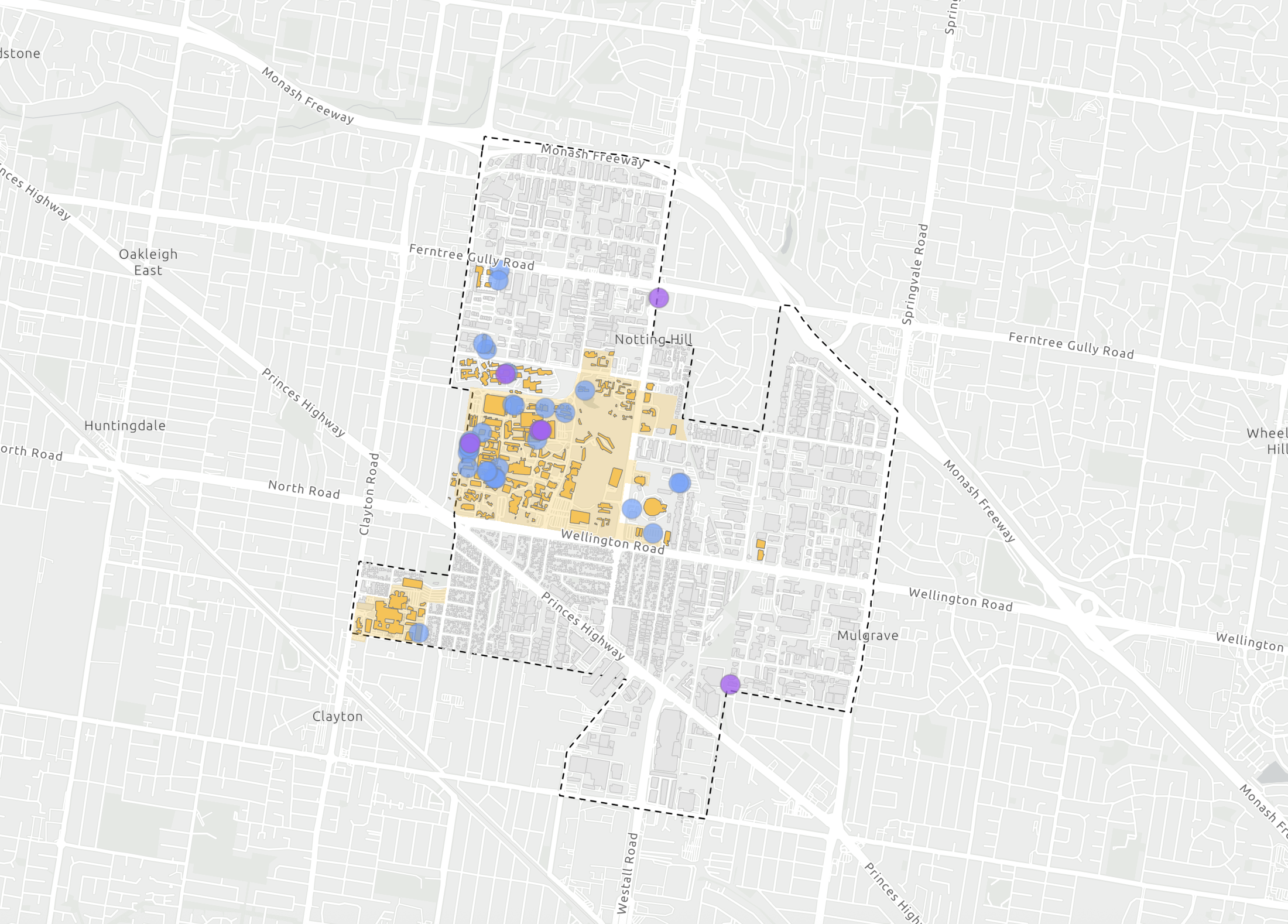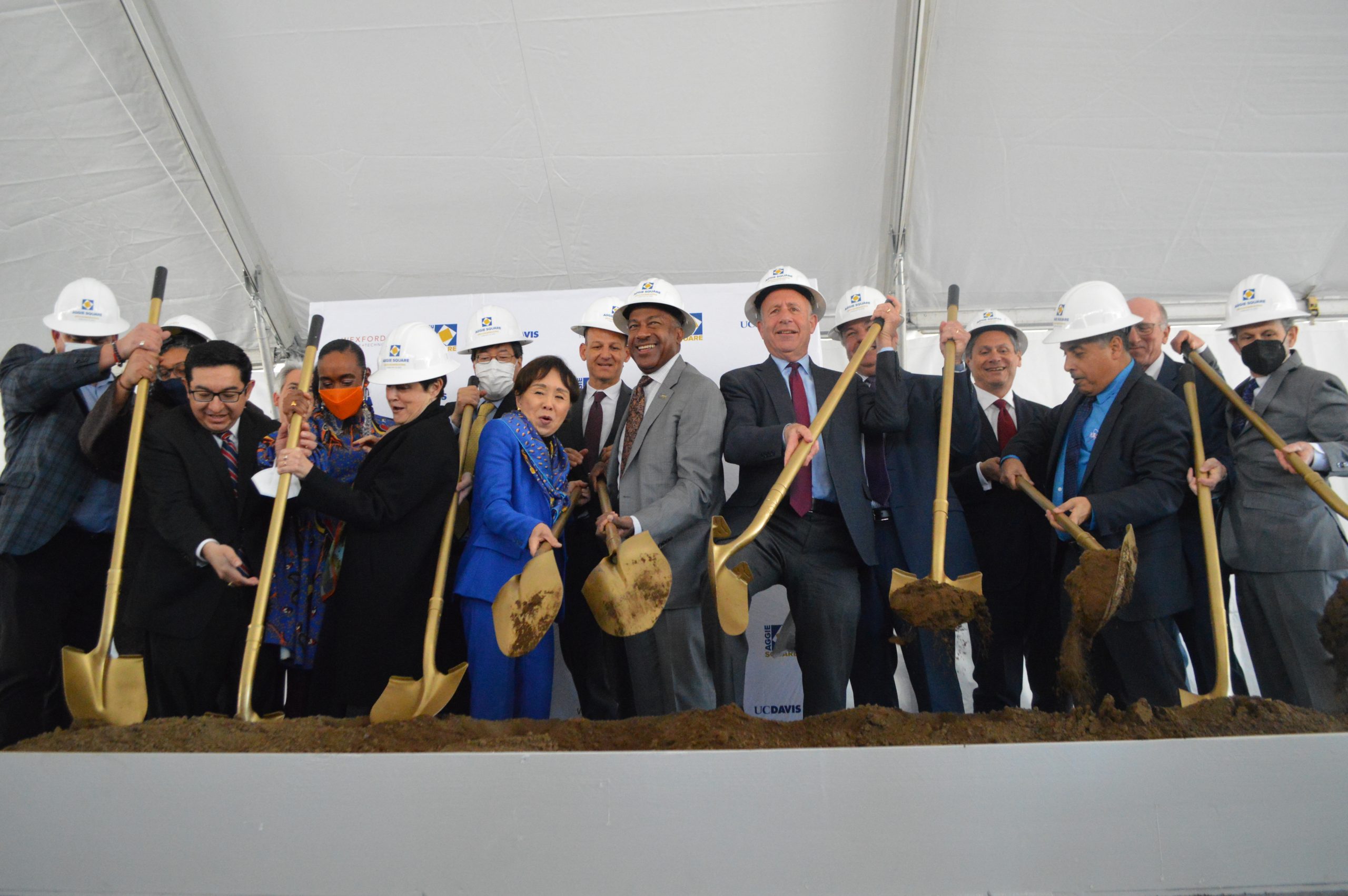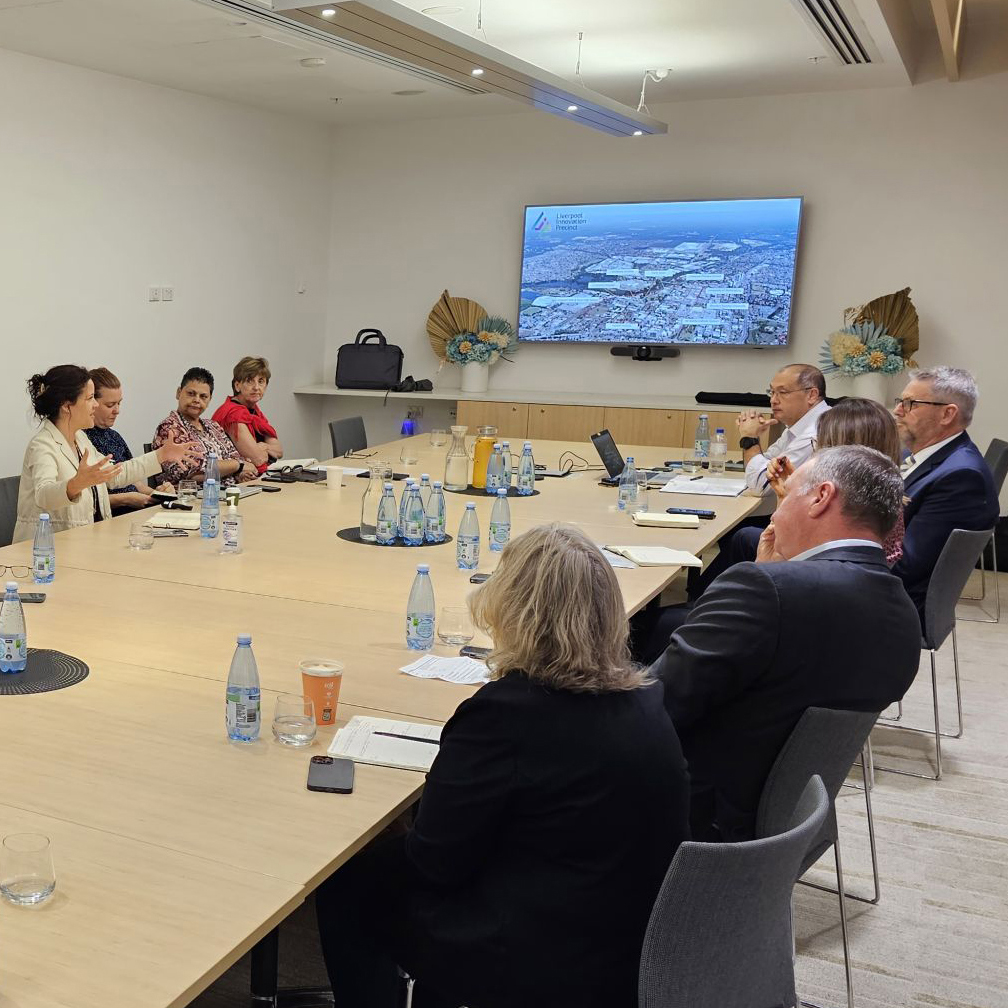Short-term view
Some developers seek short-term returns and, as a result, focus on district land as a “real estate play.” In these cases, real estate projects and development commonly counter the long-term goals of innovation districts, which is to create an innovation ecosystem that builds on local strengths.






